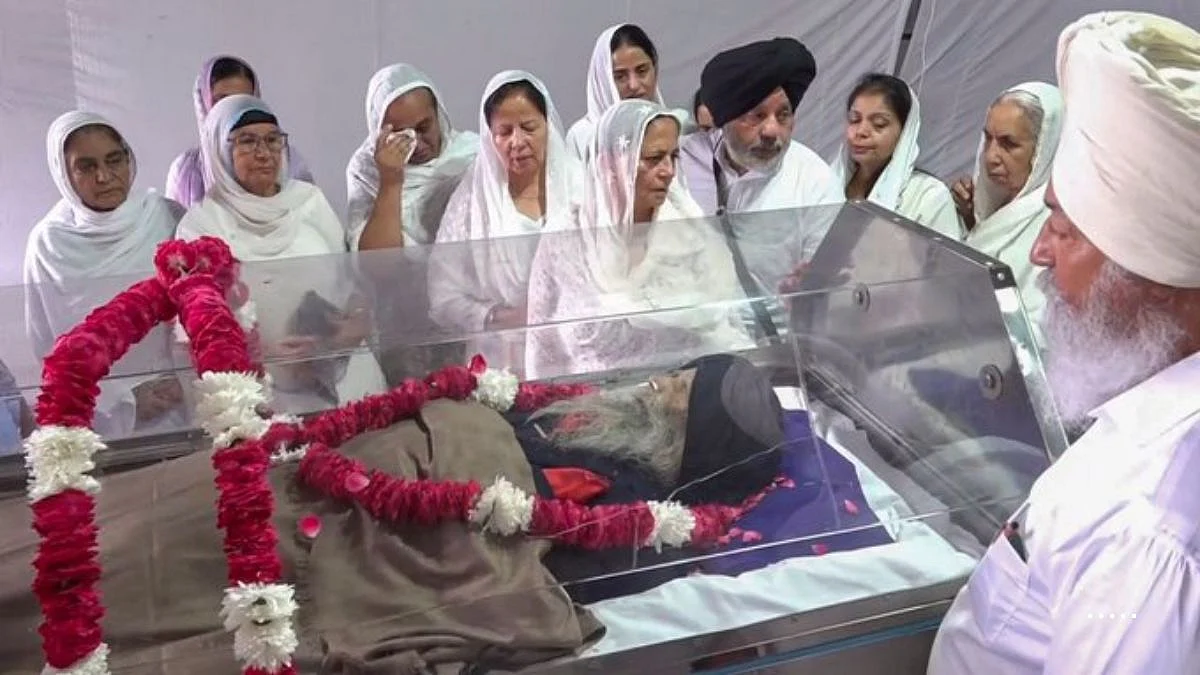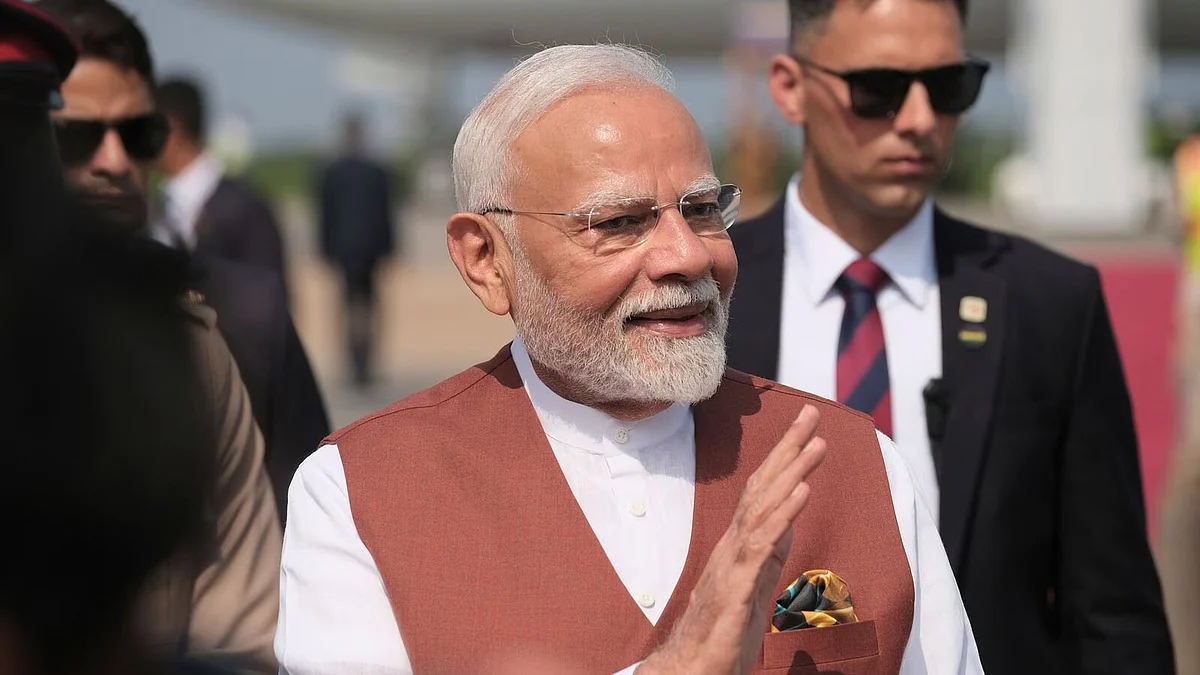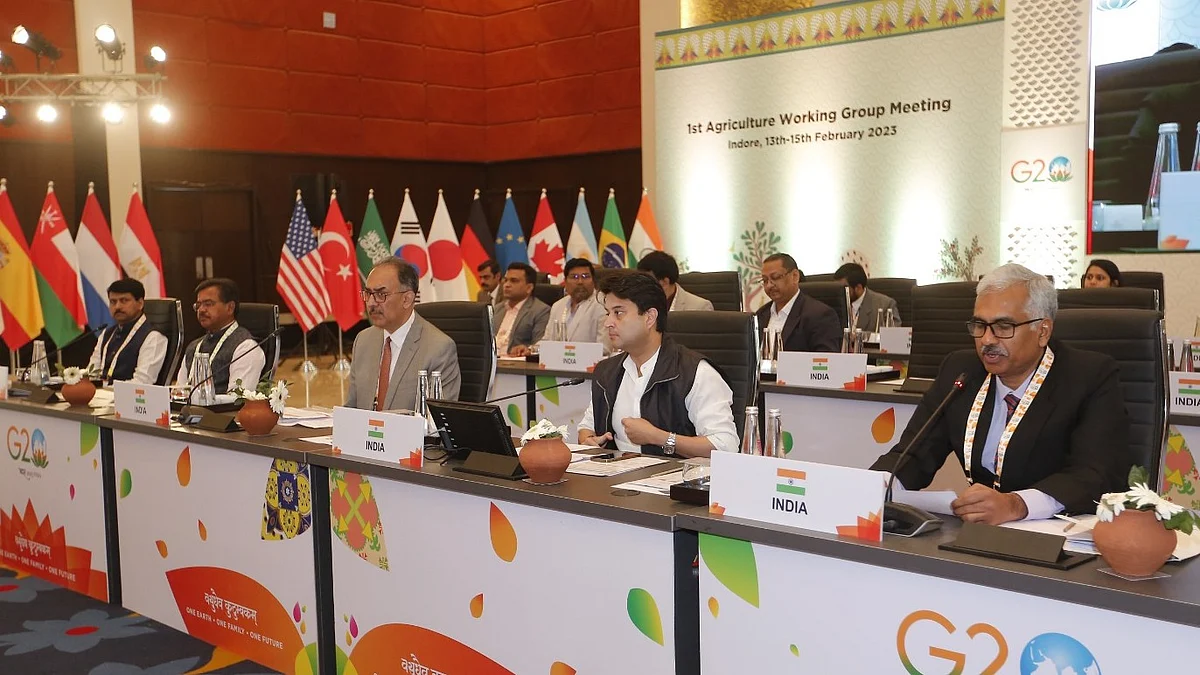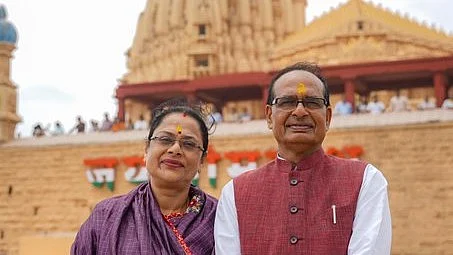Indore (Madhya Pradesh): India on Tuesday called on the G20 nations to adopt '3S' strategy - Smart, Sustainable and Serve (all) - for the agriculture ecosystem to address global food security concerns.
Minister of civil aviation and steel Jyotiraditya Scindia said that agriculture has always been a priority for India.
"We have to adopt the 3S strategy to make a mark on the world food chain. The 3S strategy is 'smart' and 'sustainable' agriculture which should 'serve' all,” he said while addressing media on the sidelines of the first G20 Agriculture Deputies' Meeting.
For smart agriculture, the minister emphasised adopting drones and other new technologies for increasing crop yield and suggested that farmers should focus on achieving higher yields, and using better inputs besides focusing on advanced technologies and marketing.
Stating that India has made significant progress in agriculture, Scindia said tops in milk production, is second in growing vegetables and fruits and third in food grains production.
“India's food grains output has risen from 265 million tonnes to 315 million tonnes in the last eight years. The budgetary outlay for the farm sector has been increased by four-and-half times to USD 10.5 billion (around Rs 86,700 crore) in the last eight years,” he added.
Scindia also mentioned that Madhya Pradesh too has made significant progress in the farm sector and is a major producer of soya and garlic.
The state's food grains output increased almost 4 times to 629 lakh tonnes from 165 lakh tonnes in the last 18 years. Irrigation has improved by 50 per cent in the state, he said.
"Based on the outcome of the discussion, India and G-20 nations will provide a new road map for agriculture to the world," he said.
’Use of drones should not be limited to pesticide spraying'
Scindia said the use of drones in the agriculture sector should not be limited to pesticide spraying as it has tremendous scope in organic and natural farming as well.
The drone industry in India has grown 6-8 times in the last one-and-a-half years. The drone infrastructure in the country is ‘extremely robust’, and a pioneering Indian case study of using drones in agriculture will be exhibited in the ongoing meeting of the G20 agriculture working group.











